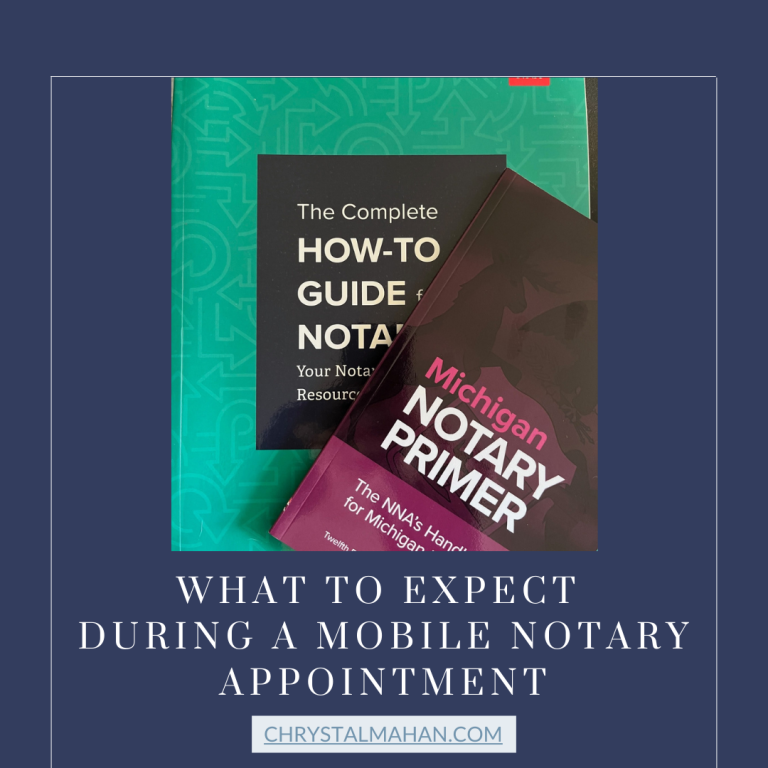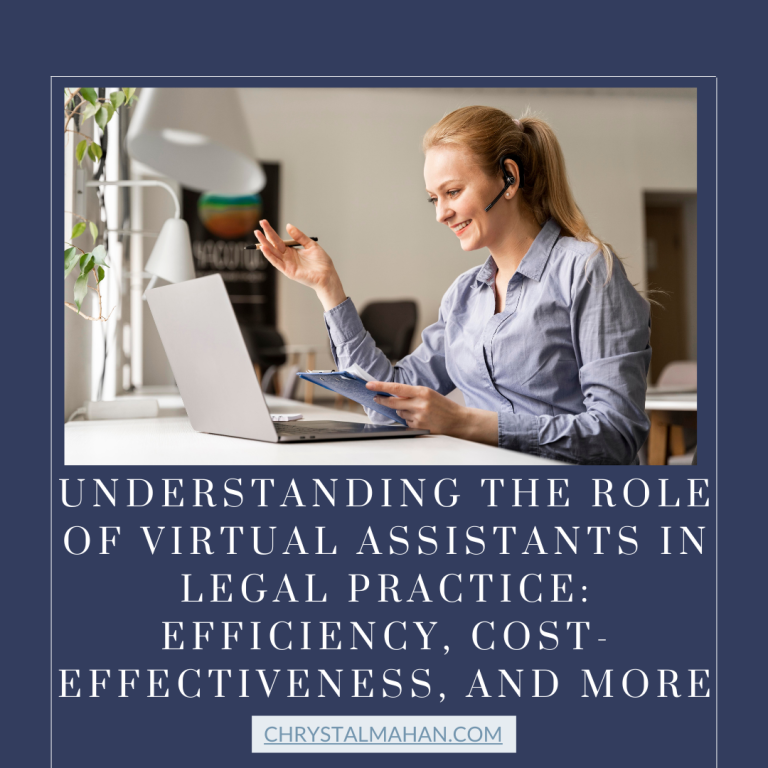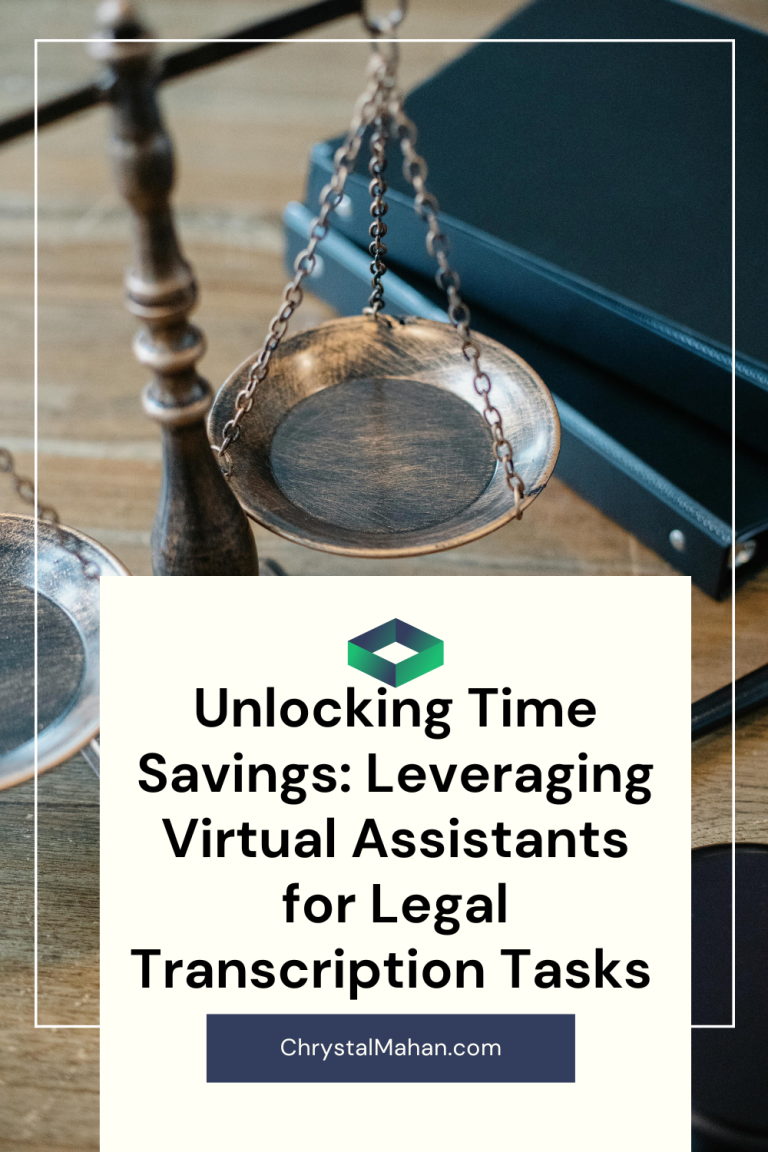Book Review: Master Legal Writing in Use by IDM Law & Marc Roche
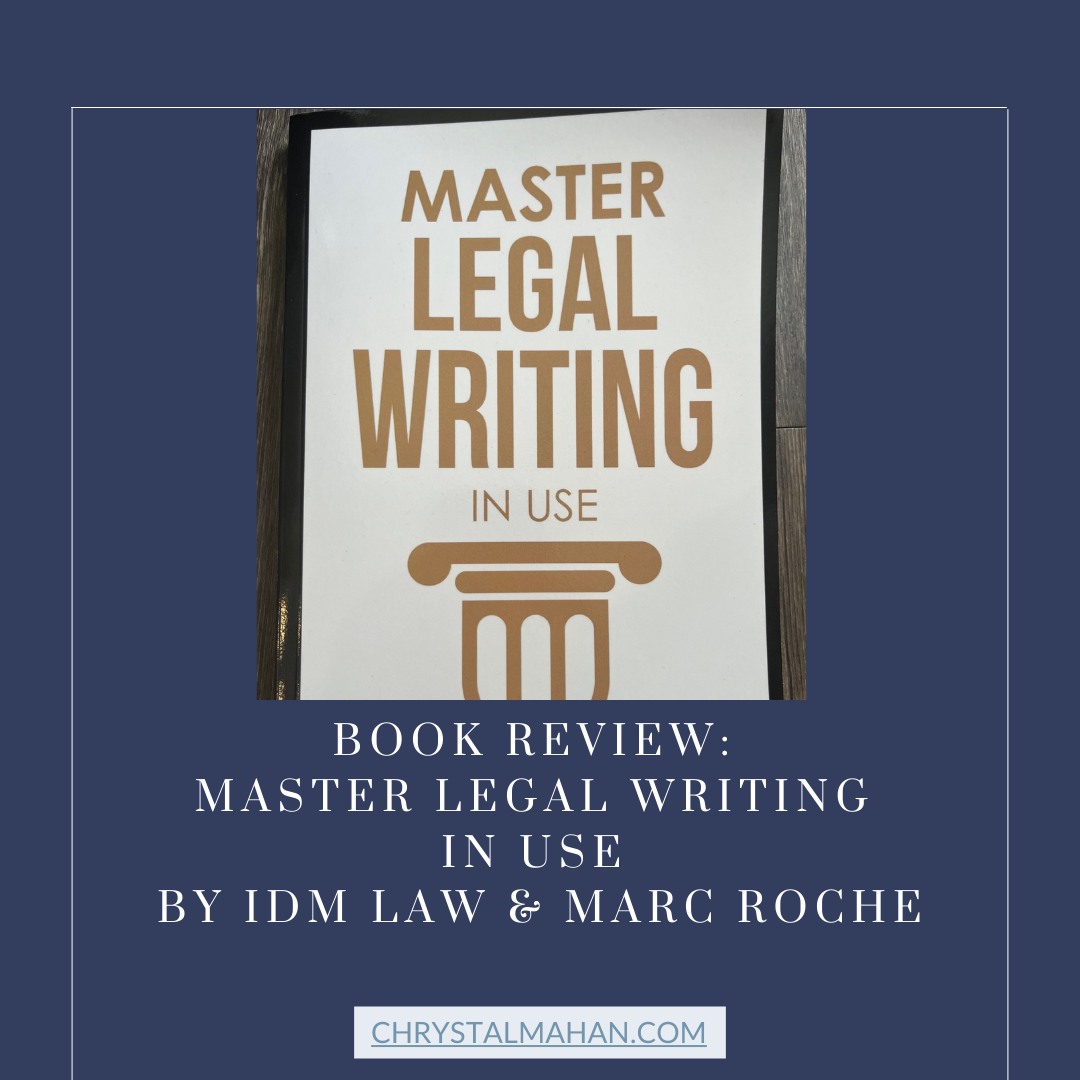
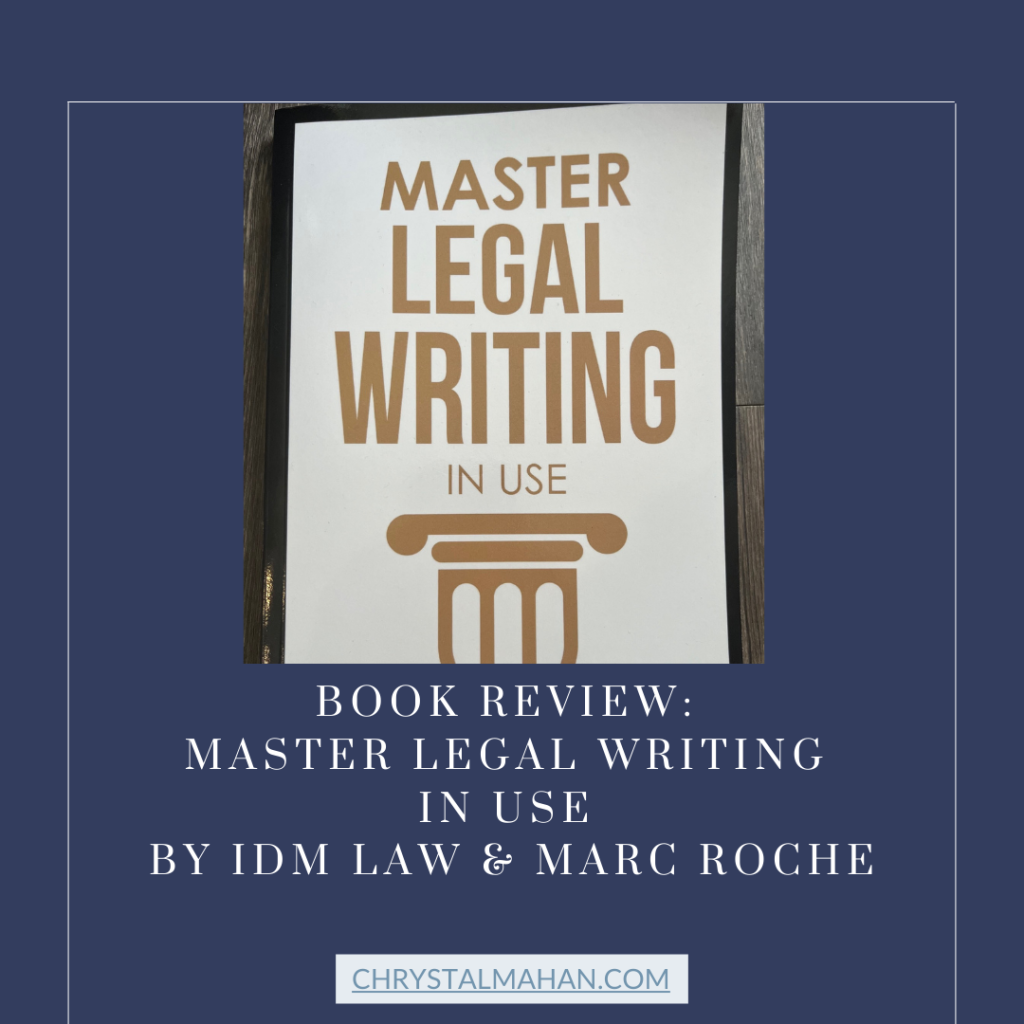
In today’s fast-paced legal environment, clarity and precision in legal writing are essential skills, especially for legal virtual assistants. Whether drafting motions, composing legal memos, or communicating with clients, strong legal writing can be the difference between success and failure. As a legal virtual assistant, your written communication often speaks louder than your presence, which is why honing this skill is crucial for your career.
Many legal professionals and assistants struggle with mastering legal writing because it combines legal knowledge and the art of clear communication. “Master Legal Writing in Use” by IDM Law & Marc Roche promises to be a practical guide that breaks down the often overwhelming task of legal writing. It aims to simplify complex ideas and provide useful frameworks that any legal professional, especially legal virtual assistants, can use to enhance their work.
This review will explore how “Master Legal Writing in Use” lives up to its promise. From its insights on legal vocabulary to its practical writing exercises, I’ll walk you through the book’s key takeaways and evaluate whether it’s the right tool for you to elevate your legal writing. If you’re ready to improve your legal writing and ensure your communication is both professional and effective, this book might just be the guide you’ve been waiting for.
Why Legal Writing Matters for Virtual Assistants
Legal writing forms the backbone of many tasks a legal virtual assistant performs. Whether it’s drafting client communications, preparing contracts, or assisting with legal research, clarity, precision, and correctness are non-negotiable in the legal world. “Master Legal Writing in Use” opens with this understanding, emphasizing the need for effective communication in legal practice.
The book dives into the fundamentals, helping you refine essential writing skills by showing common pitfalls in legal writing. Whether you are just starting in the field or are a seasoned virtual assistant looking to improve your expertise, the book helps identify areas where your writing may need improvement. For example, many legal professionals use jargon and complex language that might confuse clients or colleagues. This book advocates for a clear and concise style, perfect for virtual assistants who may be juggling multiple clients and legal tasks.
In the competitive world of legal virtual assistance, your writing is often the first and last impression. The book acknowledges that poor writing can lead to misinterpretation of legal issues or, worse, tarnish your professional reputation. It sets the stage for the reader to understand the importance of legal writing and how mastery in this area can open doors to better career opportunities and client satisfaction.
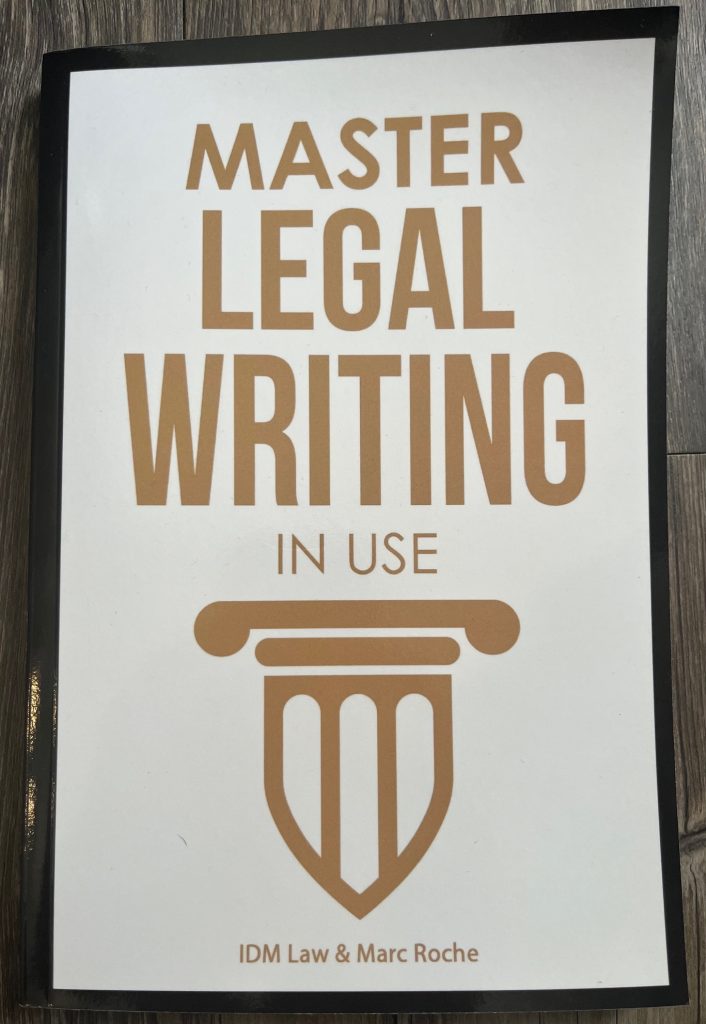
Analyzing Legal Vocabulary: A Key to Success
One of the most impressive aspects of “Master Legal Writing in Use” is its focus on legal vocabulary. For any legal professional, words are the tools of the trade, and mastering legal terminology is essential. However, the book goes beyond merely listing legal terms—it provides a deep dive into their proper usage, helping the reader understand both their meaning and the context in which they should be applied.
For legal virtual assistants, especially those working remotely, the ability to understand and use precise legal vocabulary without the immediate input of a supervising attorney is invaluable. This book section addresses common issues like misusing legal jargon or conflating everyday language with specialized legal terminology. It stresses the importance of context and usage to ensure clarity in communication, making your work more efficient and less prone to errors.
Marc Roche and IDM Law clarify that vocabulary isn’t about showing off your knowledge but about enhancing the effectiveness of your legal documents. The exercises provided in this section are highly practical and encourage you to apply what you’ve learned immediately in your day-to-day tasks. As a legal virtual assistant, this focus on vocabulary will help you craft more polished, professional documents that clients and attorneys alike will appreciate.
Structuring Legal Documents for Maximum Impact
Another strength of this book lies in its ability to teach structure in legal writing. A well-structured document is not only easier to read but also ensures that critical information is conveyed without ambiguity. In “Master Legal Writing in Use,” the authors emphasize the importance of structure in everything from emails to complex legal briefs.
For legal virtual assistants, having a clear structure in your documents can save both you and your client a great deal of time. The book offers step-by-step guidelines on organizing your thoughts, forming coherent arguments, and ensuring that your writing serves its intended purpose. Whether it’s ensuring that a contract is airtight or making sure that a client understands their legal obligations, structure plays a pivotal role in legal writing.
By following the guidance in this section, you will be better equipped to create documents that are not only clear but also persuasive. The templates and examples provided make it easy to transfer these skills into your own work. As you improve in this area, you’ll likely find that your clients have fewer questions about the documents you prepare, thanks to the clear and logical structure.
Editing and Proofreading: Avoiding Common Pitfalls
No legal writing guide is complete without a section on editing and proofreading, and “Master Legal Writing in Use” delivers excellently on this front. It dedicates significant space to discussing the importance of revising and proofreading your work—an essential skill for any legal virtual assistant. In a field where small mistakes can have significant consequences, this book teaches you how to spot common errors and correct them before they become problems.
The book highlights frequent mistakes, such as typos, grammatical errors, and even incorrect legal citations, all of which can undermine your professionalism. Roche and IDM Law stress that proofreading isn’t just about catching spelling mistakes; it’s about ensuring clarity, ensuring accuracy in legal terms, and maintaining a consistent tone throughout your documents.
One of the most helpful tips from this section is the use of checklists and proofreading techniques. The authors encourage legal professionals to read documents out loud or use digital tools to identify potential issues in their writing. These practices are invaluable for legal virtual assistants who may not have immediate access to colleagues for feedback. By mastering these techniques, you can avoid the pitfalls that come with rushing through important documents.
Practical Exercises to Sharpen Your Skills
A standout feature of “Master Legal Writing in Use” is its practical approach to learning. Throughout the book, the authors include exercises designed to improve your legal writing incrementally. These aren’t just theoretical exercises either—they are meant to be directly applied to the work you are already doing as a legal virtual assistant. From drafting sample motions to rewriting overly complex sentences for clarity, each task is designed to help you internalize the lessons taught in the book.
The exercises are particularly useful because they allow you to identify your legal writing weaknesses and work to improve them. If you find that your contracts are often convoluted or your client emails lack clarity, these exercises can help you pinpoint the problem areas and work through them. This hands-on approach is practical and effective for legal virtual assistants looking to improve quickly.
Incorporating these exercises into your routine can make a significant difference in the quality of your work. The book suggests setting aside time each week to review your writing and apply the lessons learned. This commitment to continuous improvement is key to becoming a successful legal virtual assistant.
Moving Forward with Confidence
“Master Legal Writing in Use” by IDM Law & Marc Roche provides a comprehensive, practical guide for legal virtual assistants who want to enhance their writing skills. From mastering legal vocabulary to structuring documents effectively and proofreading for clarity, the book covers all the essentials. The addition of exercises makes it more than just a passive read—it’s a guide you can actively use to improve your legal writing in real time.
If you’re ready to take your legal writing to the next level, this book is a valuable resource that can set you apart in the competitive field of legal virtual assistance.
Let’s Continue the Journey
Legal writing is just one of the many skills that can elevate your career as a legal virtual assistant. If you found this review helpful and are interested in more posts on how to excel in the legal field, check out my other blog entries. And why not join me for coffee? Let’s chat more about mastering the art of legal writing and all things legal virtual assistance.
Like what you read? Drop me a line – let’s chat over virtual coffee.
~ Chrystal
DISCLOSURE
I was not given this book for free as a review or any sort of a review program. This was a textbook required in my paralegal certificate program. It was not required that I give a review.
CMC Virtual Services participates in the Amazon Services LLC Associates Program, Magic Link, Google Adsense, and other affiliate & advertising programs designed to provide a means for sites to earn advertising fees by advertising and linking to merchants.
This post contains affiliate links. That means we earn a few cents if you click the link and make a sale. (Thank you, by the way!)


